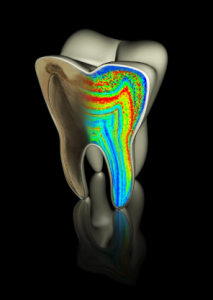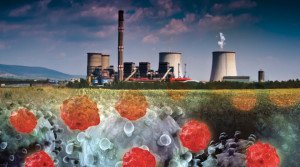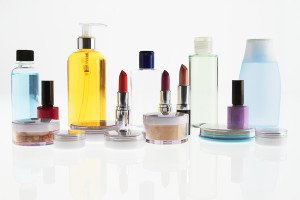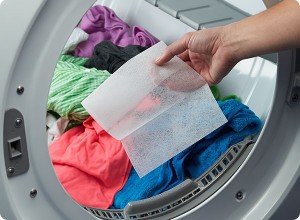Most common environmental toxins
2 min read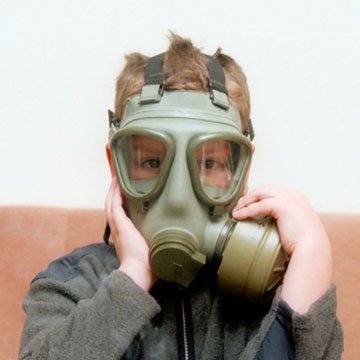
We are exposed to environmental toxins every day. Many times, the limited level of exposure is not harmful, but over time this exposure can damage our bodies.
Below is a list of common environmental toxins, where they are found and their harmful effects:
Heavy Metals
- Found in drinking water, fish, vaccines, pesticides, preserved wood, antiperspirant, building materials, dental amalgams, chlorine plants
- Can cause cancer, neurological disorders, Alzheimer’s disease, fatigue, nausea, abnormal heart rhythm, and damage to blood vessels
PCBs (Polychlorinated biphenyls)
- Found in farm-raised salmon
- Can cause cancer, impaired fetal brain development
Dioxins
- Found in animal fats
- Can cause cancer, reproductive disorders, chloracne, skin rashes, and skin discoloration
Pesticides
- Found in bug sprays, commercially raised meats, and other foods
- Can cause cancer, Parkinson’s disease, miscarriage, nerve damage, and birth defects
Phthalates
- Found in plastic wrap, plastic bottles, and other plastic food containers
- Can cause endocrine system damage
VOCs (Volatile Organic Compounds)
- Found in drinking water, paint, deodorants, cosmetics, and dry cleaned clothing
- Can cause cancer, eye irritation, headaches, and memory impairment
Asbestos
- Found in flooring insulation, ceilings, water pipes, and heating ducts from the 1950s to 1970s
- Can cause cancer, scarring of the lung tissue, mesothelioma
Chlorine
- Found in household cleaners and drinking water
- Can cause sore throat, coughing, eye irritation, rapid breathing, narrowing of the bronchi, wheezing, blue coloring of the skin, pain in the lung region, and lung collapse
Chloroform
- Found in air, drinking water, and food
- Can cause cancer, reproductive damage, birth defects, dizziness, fatigue and headaches
Although it is almost impossible to completely avoid these toxins, you can take a number of preventative measures to limit your exposure, including:
- Avoiding processed foods
- Buying and eating organic foods
- Avoiding artificial air fresheners
- Testing your tap water for toxins
- Using only natural cleaning products
- Switching over to natural brands of shampoo, toothpaste, and cosmetics


